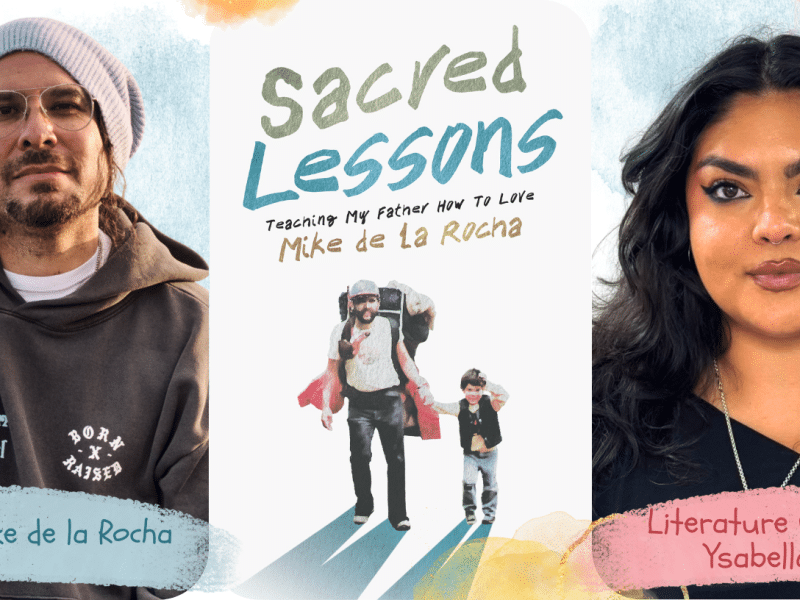“Barbie” “Snubs” Overshadows Latina, Afro-Latino, and Native American Historic Oscar Nominations
Game-changing Oscar nominations were announced: America Ferrera, a Honduran-American talent for Best Supporting Actress, Afro-Latino Colman Domingo, and Native American Lily Gladstone. But you wouldn’t know that from the public discourse and media coverage.

Awards season is upon us, and the Academy Awards, also known as the Oscars, are still the most important event. Since 1929, the Oscars have recognized excellence in cinema. As such, the golden statuette is one of the most coveted prizes in the industry and a huge marker of success. But, as a shock to no one, the awards have mostly just focused on white people.
In 96 years, only 36 Latinos have won an Oscar. The Latinas who have taken the prize home include Rita Moreno, Mercedes J. Ruehl, Ariana DeBose, and Lupita Nyong’o for Best Supporting Actress, Yvett Merino for Best Animated Feature, Brigitte Broch for Best Production Design, Beatrice De Alba for Best Makeup, and Michelle Couttolenc for Best Sound Mixing.
The disparity is glaring. Of the 13,253 Academy Award nominees, only about 180 Latinos have been nominated in the history of the Oscars. This is why campaigns like the hashtag #OscarsSoWhite, which took Twitter by storm in 2015 and 2016, and is still being used today, have gained so much traction–the issue is too obvious to ignore.
It’s even worth noting the current state of the official Academy Awards Instagram page. Among the diverse nominations that made history this year, none of them are featured. In fact, you’ll have to scroll to the very bottom to find a few. It may seem unimportant, but it speaks volumes about who’s top of mind to feature–and it’s not nominees of color.
These barrier-breaking nominees deserve to make headlines not just for their talent, but also because they have achieved a feat that’s statistically almost impossible if you’re not white.
Afro-Latino Actor Colman Domingo for Best Actor – Historic Nomination
The bottom line is this: people of color who have been systematically snubbed in every way, shape, and form (not just in the film industry, but in every industry), deserve to celebrate their accomplishments and stand in the spotlight without shame, without guilt, and, most of all, without apology.




